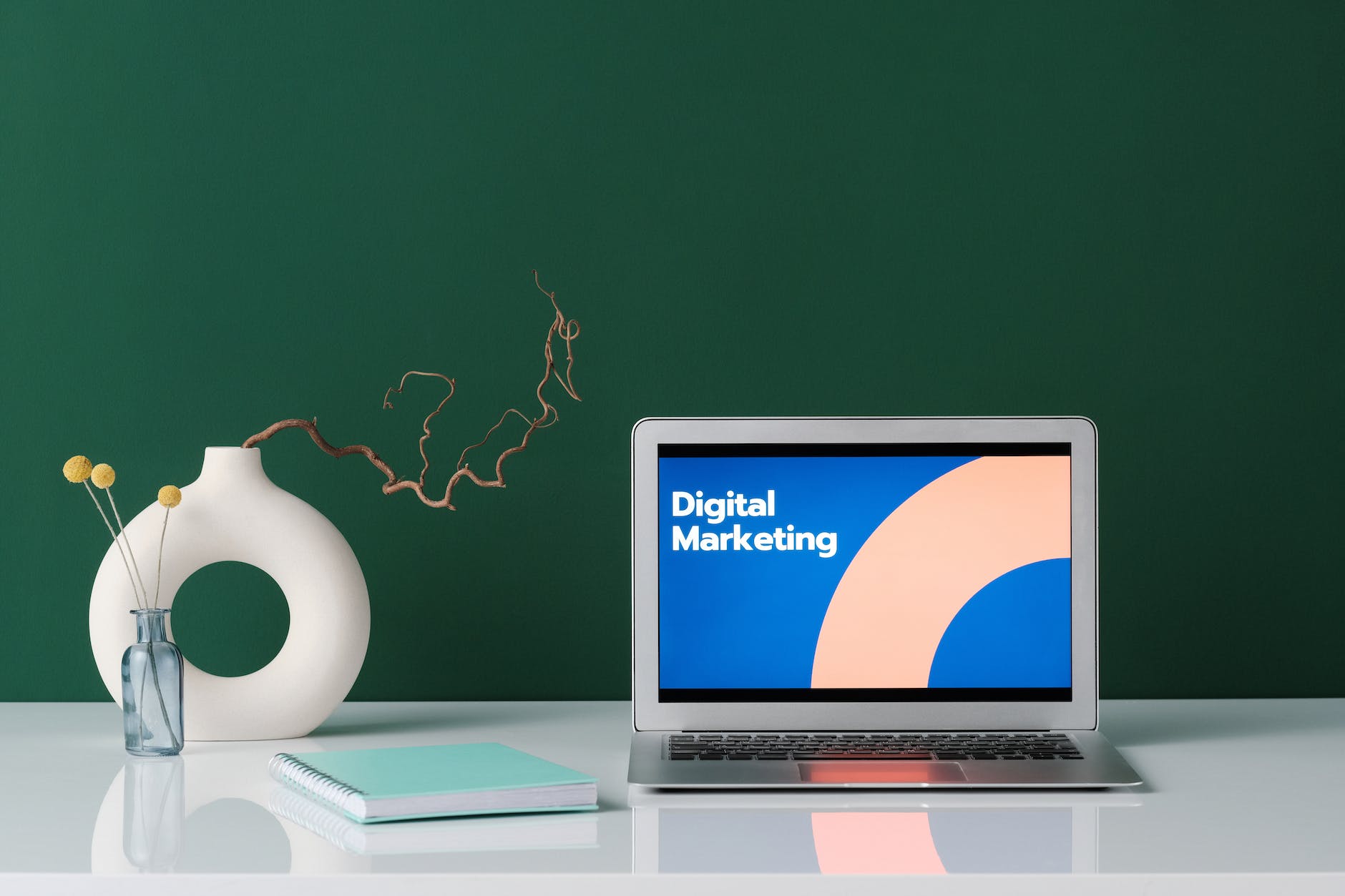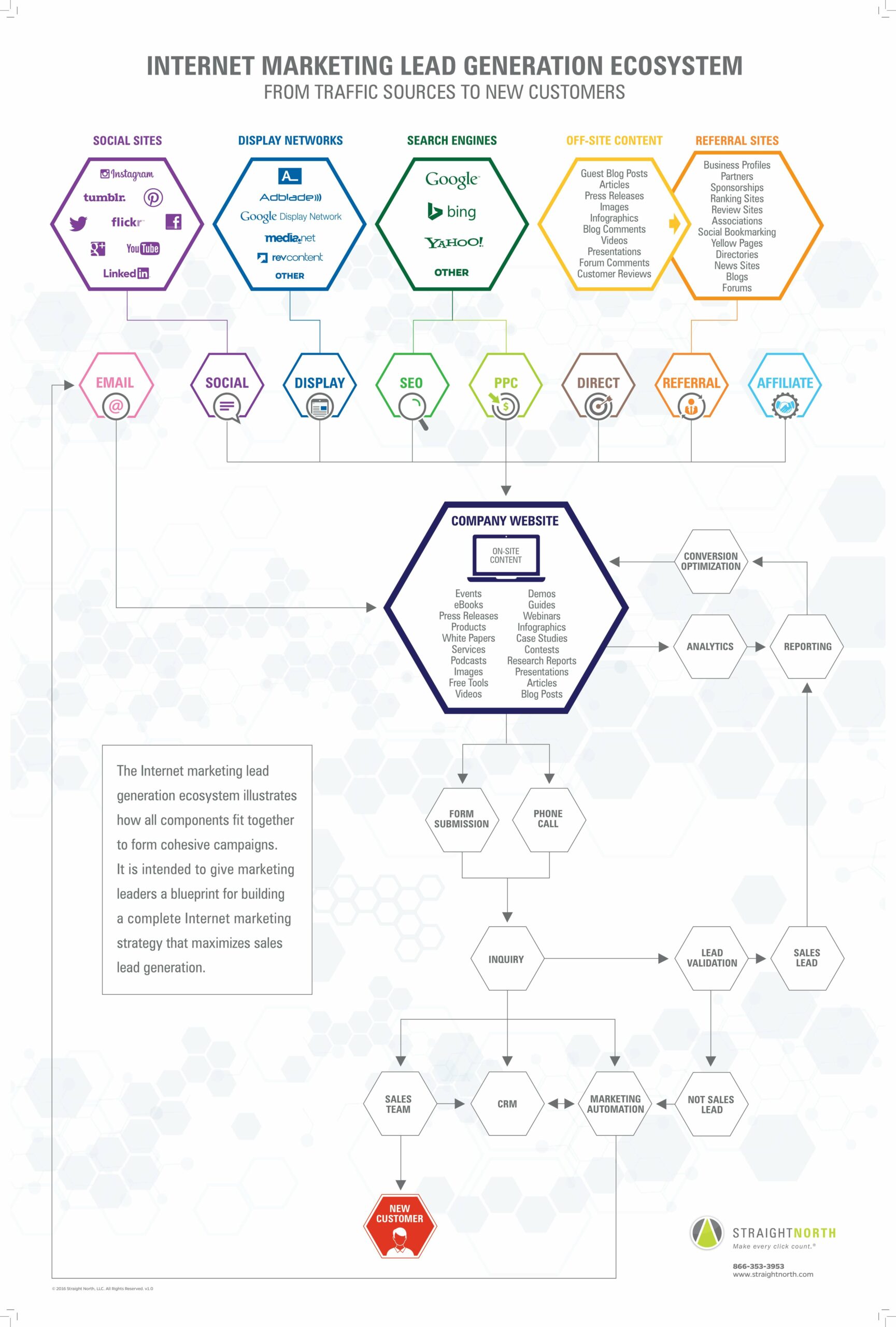
Digital marketing
As technology continues to evolve rapidly, so do the strategies that businesses employ to reach and engage their audiences. In this era of constant change, staying ahead of the curve is crucial for survival. From the rise of influencer marketing to the integration of augmented reality, several cutting-edge strategies are taking the digital marketing realm by storm.
In this article, we will explore the top 8 digital marketing strategies trending in 2023, providing you with insights and inspiration to elevate your marketing efforts and capture the attention of your target audience.
Social Commerce
The rise of social commerce is a significant focus for businesses in 2023. Social media platforms are integrating e-commerce features, allowing businesses to sell products and services directly to their audience.
Brands are leveraging social commerce by creating shoppable posts, integrating buy buttons, and providing seamless purchasing experiences on platforms like Facebook and Instagram. This approach enables businesses to showcase their products through social media posts and facilitates purchases without users needing to leave the platform.
However, excess content typically causes issues such as content scattered across numerous platforms, time-consuming processes for repurposing content across various channels, and a lack of efficient collaboration for editing, updating, and approving content. To tackle these issues, you can consider incorporating a content marketing automation tool, which streamlines the content creation and distribution processes, allowing businesses to efficiently manage their social media presence and engage with their audience effectively.
With features like scheduled posts, content calendar management, and audience targeting, these tools have become invaluable for businesses looking to optimize their social commerce strategy and drive conversions.
Personalization
Personalization has become a crucial aspect of digital marketing. Businesses can build stronger connections with their audience by tailoring content and experiences to individual preferences and needs. Advanced data analytics and AI-powered tools have enabled businesses to create highly targeted and personalized marketing campaigns based on customers’ browsing habits, past purchases, and demographics.
Personalization involves understanding customers on a deeper level and delivering relevant content and offers at the right time. Businesses can achieve this by implementing dynamic website content that changes based on user behavior, segmenting email lists to send personalized emails, and utilizing recommendation engines to suggest products or content based on individual preferences.
Artificial Intelligence (AI) and Machine Learning (ML)
AI and ML are revolutionizing the digital marketing landscape. They can analyze vast amounts of data, automate tasks, and provide actionable insights.
AI-powered chatbots, for example, can improve customer service by offering instant responses and personalized recommendations. These chatbots can handle basic customer queries, provide product information, and even assist with purchasing.
ML algorithms can also optimize marketing campaigns by analyzing consumer behavior and predicting future trends. Businesses can use this information to personalize content, target specific segments, and allocate their marketing budget more efficiently.
Voice Search Optimization
Voice search is rapidly gaining popularity thanks to the growing use of virtual assistants like Siri, Alexa, and Google Assistant. In 2023, optimizing content for voice search is crucial for businesses. Voice search queries tend to be more conversational and long-tail, so marketers need to focus on creating content that answers specific questions concisely.
Businesses should conduct keyword research for long-tail queries, create content that directly answers voice search queries, structure website content for search engine readability, use structured data markup, and ensure fast mobile load times.
Implementing these strategies can help businesses enhance their visibility and effectively cater to the growing number of voice search users.

Provided by Straight North
Video Marketing
Videos have become an essential component of any successful digital marketing strategy. Video marketing, including live videos, webinars, and interactive videos, will continue to dominate as an effective means of engaging and capturing the attention of target audiences in 2023.
Live videos allow businesses to connect with their audience in real-time, answer questions, and showcase new products or services. Interactive videos, such as quizzes or choose-your-own-adventure formats, also enhance user engagement and create a more immersive experience.
Moreover, businesses should leverage the rise of short video content on platforms like TikTok and Instagram Reels. These platforms offer an opportunity to showcase your products or services creatively and capture the attention of younger audiences.
Influencer Marketing
Influencer marketing remains a potent strategy for businesses to connect with and captivate specific niche audiences. Brands need to collaborate with influencers who share their values and cater to their target demographics. However, there is also a growing emphasis on micro-influencers with smaller yet highly engaged followings.
In order to implement influencer marketing effectively, businesses should consider the following practices.
Firstly, they must select influencers aligning with their brand values and target audience. Secondly, clear goals and objectives should be established. Building genuine relationships with influencers based on trust and transparency is another crucial step. Empowering influencers to create authentic and resonating content allows for more organic brand promotion.
Measuring the impact of influencer campaigns is also essential. Businesses should track relevant metrics such as engagement, reach, and conversions to evaluate the effectiveness of their influencer collaborations.
User-Generated Content (UGC)
UGC, which includes reviews, testimonials, and social media posts created by users, holds a high level of trust among consumers. To capitalize on this trend, businesses actively encourage customers to generate and share content related to their products or services. They run contests and campaigns to incentivize customers to create and share content while creating branded hashtags to facilitate content discovery and aggregation.
By featuring UGC on websites, social media platforms, and other marketing channels, businesses can enhance their brand’s credibility and authenticity, leading to increased engagement and conversions. Engaging with customers who create UGC by liking, sharing, or commenting on their posts strengthens customer relationships.
Augmented Reality (AR) and Virtual Reality (VR)
The integration of Augmented Reality (AR) and Virtual Reality (VR) technologies is also shaping the marketing landscape in 2023. These immersive technologies allow customers to interact with brands in new and exciting ways.
Businesses leverage AR to enable virtual try-ons of clothing, accessories, and makeup, allowing customers to visualize products before making a purchase. Real estate companies can provide virtual property tours, allowing potential buyers to explore properties remotely.
By incorporating AR and VR, businesses can enhance customer engagement, reduce purchase hesitation, and provide memorable experiences, leading to increased sales and brand loyalty.
Conclusion
The digital marketing landscape in 2023 is poised for significant advancements and transformations. As technology continues to evolve, businesses leverage innovative strategies to effectively reach and engage their target audiences. From influencer marketing and user-generated content to social commerce, augmented reality, and virtual reality, these top digital marketing strategies shape how brands connect with consumers. By staying abreast of these trends and incorporating them into their marketing efforts, businesses can gain a competitive edge, enhance brand visibility, and drive meaningful customer engagement and conversions.






